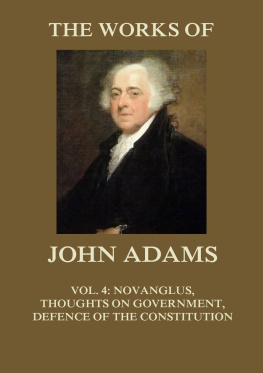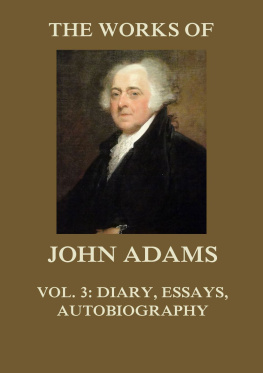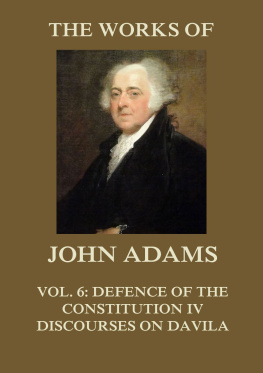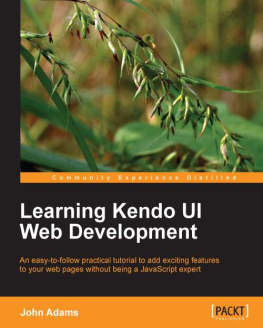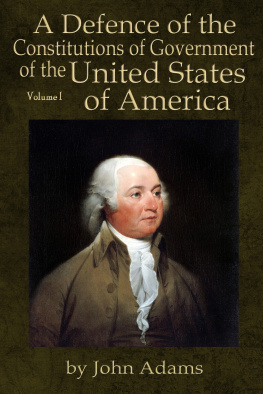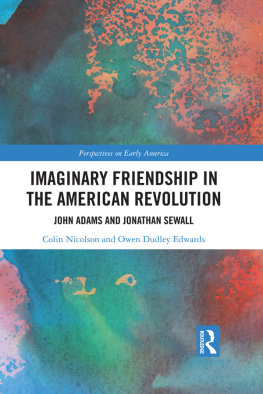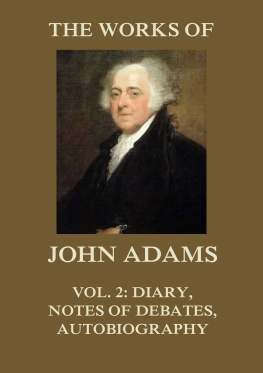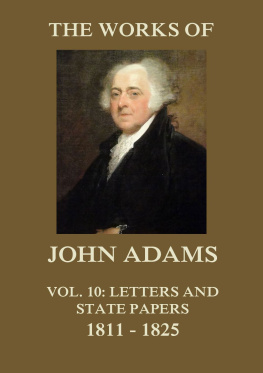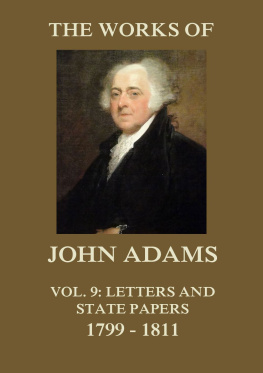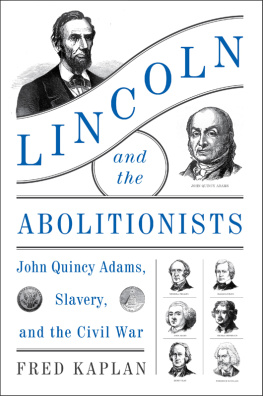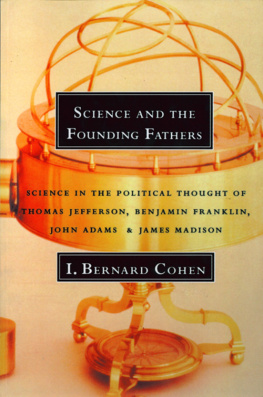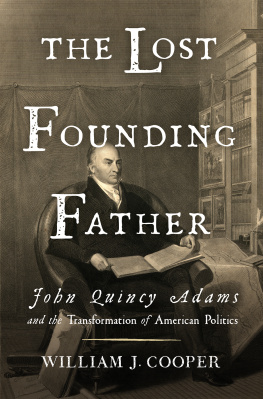NOVANGLUS
OR, A HISTORY OF THE DISPUTE WITH AMERICA, FROM ITS ORIGIN, IN 1754, TO THE PRESENT TIME; WRITTEN IN 1774, BY JOHN ADAMS.
The occasion of the production of the series of papers signed Novanglus, in the Boston Gazette of 1774, is given in the Diary Endnote 002 of the author. A writer for the government, under the signature of Massachusettensis, supposed by Mr. Adams to be Jonathan Sewall, but who is now understood to have been Daniel Leonard, had made some impression upon public opinion in Massachusetts. His articles, first printed in the Massachusetts Gazette and Post-Boy, immediately attracted much public attention, and called out many replies. They were forthwith collected and printed in a pamphlet form in Boston; republished by James Rivington, in New York, in the same year, under the title of The Origin of the American Contest with Great Britain, or the present Political State of the Massachusetts Bay in general, and the town of Boston in particular; exhibiting the Rise and Progress of the disordered State of that Country, in a series of weekly Essays, published at Boston, under the signature of Massachusettensis, a Native of New England; and still another edition was issued in Boston, by J. Mathews, probably during the siege of that place, in the next year, 1776.
The papers of Novanglus, in reply to Massachusettensis, were reprinted in Almons Remembrancer for 1775, in an abridged form, and bearing the following title: History of the Dispute with America, from its Origin, in 1754, to the present Time. This was reprinted in pamphlet form, in London, by John Stockdale, in 1784, with the name of the author. Previous to this time, a Dutch translation had been made in Holland, apparently for the purpose of extending information respecting the struggle, and inspiring confidence in the author, when he was soliciting an alliance for the United States with that country; and it was published at Amsterdam, by W. Holtrop, 1782, with a portrait. Last of all, the papers of Novanglus and Massachusettensis, in their original form, were collected in one volume, in 1819, and printed by Hews and Goss, in Boston, to which was prefixed the preface which immediately follows.
PREFACE TO THE EDITION OF 1819.
Jonathan Sewall was descended from Mitchells and Hulls and Sewalls, and I believe Higginsons, that is, from several of the ancient and venerable of New England families. But, as I am no genealogist, I must refer to my aged classmate and highly-esteemed friend, Judge Sewall, of York, whose researches will one day explain the whole.
Mr. Sewalls father was unfortunate; died young, leaving his son destitute; but as the child had discovered a pregnant genius, he was educated by the charitable contribution of his friends, of whom Dr. Samuel Cooper was one of the most active and successful, among his opulent parishioners. Mr. Sewall graduated at college in 1748; kept a Latin school in Salem till 1756, when Chambers Russell, of Lincoln, a judge of the supreme court and a judge of admiralty, from a principle of disinterested benevolence, received him into his family, instructed him in law, furnished him with books, and introduced him to the practice at the bar. In 1757 and 1758, he attended the supreme court in Worcester, and spent his evenings with me, in the office of Colonel James Putnam, a gentleman of great acuteness of mind, and very extensive and successful practice, and an able lawyer, in whose family I boarded, and under whose auspices I studied law. Here commenced between Mr. Sewall and me a personal friendship, which continued, with none but political interruptions, till his death. He commenced practice in Charlestown, in the county of Middlesex; I, in that parish of the ancient town of Braintree, now called Quincy, then in the county of Suffolk, now of Norfolk. We attended the courts in Boston, Cambridge, Charlestown, and Concord; lived together, frequently slept in the same chamber, and not seldom in the same bed. Mr. Sewall was then a patriot; his sentiments were purely American. To James Otis, who took a kind notice of us both, we constantly applied for advice in any difficulty; and he would attend to us, advise us, and look into books for us, and point out authorities to us, as kindly as if we had been his pupils or his sons.
After the surrender of Montreal, in 1759, rumors were everywhere spread, that the English would now new-model the Colonies, demolish the charters, and reduce all to royal governments. These rumors I had heard as often as he had. One morning I met him accidentally on the floor of the old town-house. John, said he, I want to speak with you. He always called me John, and I him Jonathan; and I often said to him, I wish my name were David. He took me to a window-seat and said, These Englishmen are going to play the devil with us. They will overturn every thing. We must resist them, and that by force. I wish you would write in the newspapers, and urge a general attention to the militia, to their exercises and discipline, for we must resist in arms. I answered, All this, I fear, is true; but why do you not write yourself? You are older than I am, have more experience than I have, are more intimate with the grandees than I am, and you can write ten times better than I can. There had been a correspondence between us, by which I knew his refined style, as well as he knew my coarse one. Why, said Mr. Sewall, I would write, but Goffe will find me out, and I shall grieve his righteous soul, and you know what influence he has in Middlesex. This Goffe had been attorney-general for twenty years, and commanded the practice in Middlesex and Worcester and several other counties. He had power to crush, by his frown or his nod, any young lawyer in his county. He was afterwards Judge Trowbridge, Endnote 003 but at that time as ardent as any of Hutchinsons disciples, though he afterwards became alienated from his pursuits and principles.
In December, 1760, or January, 1761, Stephen Sewall, chief justice, died, deeply lamented, though insolvent. My friend Jonathan, his nephew, the son of his brother, who tenderly loved and deeply revered his uncle, could not bear the thought, that the memory of the chief justice should lie under the imputation of bankruptcy. At that time bankruptcy was infamous; now it is scarcely disgraceful. Jonathan undertook the administration of his uncles estate. Finding insolvency inevitable, he drew a petition to the General Court, to grant a sum of money sufficient to pay the chief justices debts. If my friend had known the character of his countrymen, or the nature of that assembly, he never would have conceived such a project; but he did conceive it, and applied to James Otis and his father, Colonel Otis, to patronize and support it. The Otises knew their countrymen better than he did. They received and presented the petition, but without much hope of success. The petition was rejected; and my friend Sewall conceived a suspicion that it was not promoted with so much zeal by the Otises, as he thought they might have exerted. He imputed the failure to their coldness, was much mortified, and conceived a violent resentment, which he expressed with too much freedom and feeling in all companies.

